
Tag Archives Horse Health

Considerations before breeding a horse
Horse Health: This is not a project that should be simply taken on at an impulse — it requires planning, patience and commitment

Handle antibiotics with care
Horse Health: How the ‘new’ veterinary oversight affects horse ownership
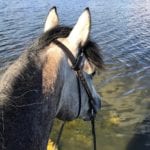
West Nile virus revisits horses in the Prairies
Horse Health: There can be cycles of this disease, which are subject to a complex interplay
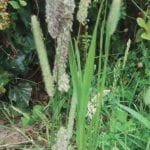
Some points for a horse hay shopping list
Our own senses are wonderful tools for making informed choices about hay. Choose hay that is as fine stemmed, green and as leafy as possible
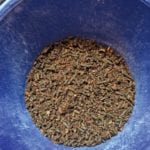
Expiry dates matter to horses too
Keep an eye on the freshness of everything from medications to feed
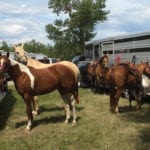
Be on guard for neurotropic equine herpesvirus-1 (nEHV-1)
Symptoms range from none through mild respiratory infection to abortion and paralysis
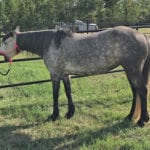
When horses yawn — good or bad?
Horse Health: The horse’s yawn hasn’t been closely studied but there is a close connection to some welfare issues
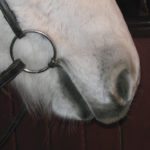
Proper use and placement of the bit seat
Horse Health: Equine dental care is about the health of the horse, not performance
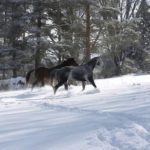
The shedding horse
Horse Health: This annual event arrives with spring and can be a barometer for certain health conditions
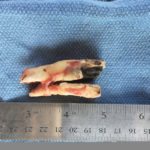
Don’t horse around with dental health
Horse Health: Modern equine life is causing an explosion in dental issues


